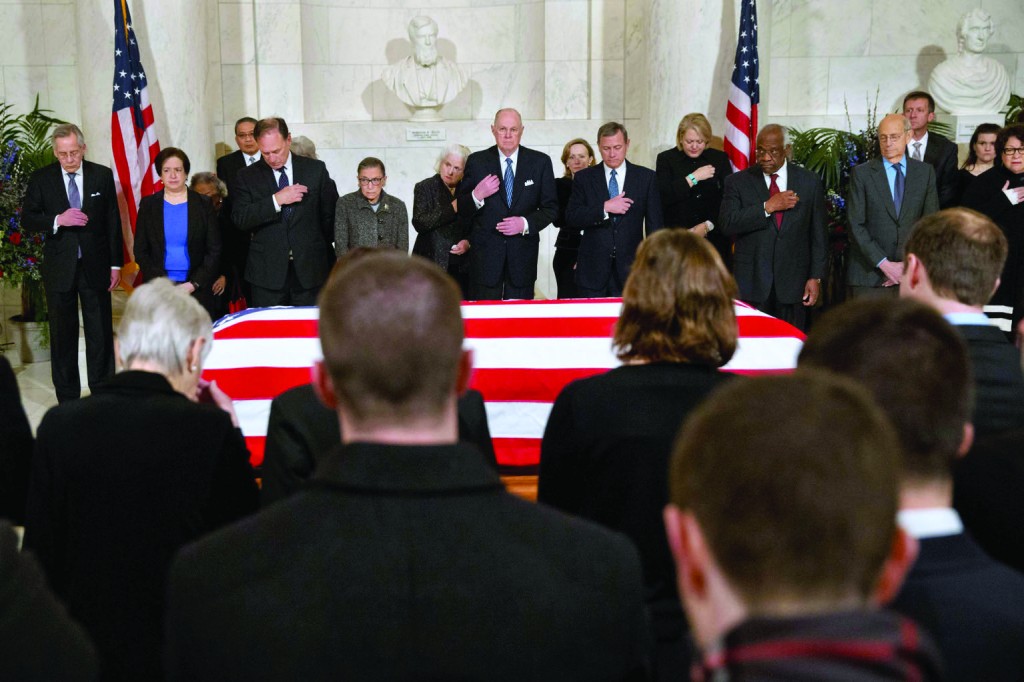
Supreme Court justices and family members listen to prayers near the casket of Justice Antonin Scalia at the Supreme Court in Washington February 19 (CNS photo/Jacquelyn Martin, Reuters)
A brilliant jurist, he manifested the distinctively Catholic habit of self-criticism, born of humility…
The death of Supreme Court Justice Antonin Scalia on February 13 overwhelmed the obituary industry, in part because the balance of the Court was at stake in replacing him, but also in part because he was a figure much larger than his life’s observers could ever convey. Scalia won praise from many who might be considered his ideological adversaries. His close friend, Ruth Bader Ginsburg, perceived as the staunchest liberal on the Court, said of Scalia: “He was a jurist of captivating brilliance and wit, with a rare talent to make even the most sober judge laugh.” Leftist legal scholar Cass Sunstein said: “He was not only one of the most important justices in the nation’s history; he was also among the greatest.”
Praise of the fallen justice, however, was not universal. Jeffrey Toobin at The New Yorker insisted that Scalia “devoted his professional life to making the United States a less fair, less tolerant, and less admirable democracy.” He excoriated Scalia for looking backward toward the Constitution rather than forward toward, well, whatever lay ahead. In this assessment, Supreme Court justices serve the nation as official fortunetellers and soothsayers — and, per Toobin, Scalia fell short in these functions. Worse, Paul Campos at Salon accused Scalia of outright protracted hypocrisy, calling him an “intellectual phony” and maintaining that the justice abandoned his principles of originalism, textualism, and judicial restraint in order to advance a political agenda.
The charge made by Campos is easily refuted by consulting Scalia’s own opinions. His dissent in Troxel v. Granville is especially instructive here. A Washington State law allowed state courts to grant child visitation rights to any third party despite parental objection. The side of the cultural angels won out in this case: the Supreme Court struck down the offensive law. And Scalia agreed that the law was offensive. But he did not agree that the Court had the authority to strike it down. The syntax of his dissent demonstrates not only his precise command of the English language but also his adherence, in the face of his own preference for parental rights, to the ruling principles of originalism, textualism, and especially judicial restraint: “I do not believe that the power which the Constitution confers upon me as a judge entitles me to deny legal effect to laws that (in my view) infringe upon what is (in my view) that unenumerated right.”
Why do noted Constitutional lawyers nonetheless persist in accusing Justice Scalia of intellectual dishonesty in his claim to be guided solely by the text of the Constitution?
Behind these accusations lies a profound distaste not only for Scalia’s judicial principles but also for his general sense of the world order. In the accounting of the outraged Left, Scalia was a horror of a judge because he was, gasp, a Roman Catholic!
Toobin betrays the bias underlying his criticism when he tells us that Scalia’s “revulsion toward homosexuality, a touchstone of his world view, appeared straight out of his sheltered, nineteen-forties boyhood.” But what Toobin hints at is openly expressed in an article that appeared in Salon eight months before the Scalia passed away.
In “Antonin Scalia is unfit to serve: a justice who rejects science and the law for religion is of unsound mind,” author and journalist Jeffrey Tayler takes off the atheist gloves and lays into Scalia for suffering from “faith-derangement syndrome (FDS).” One problem with the piece for the Catholic reader is that it comes off as comical: surely no serious journalist can mean all this stuff. The more vitriolic Tayler gets, the more laughable the effect. His anger at Scalia’s “derangement” so unhinges him that several times he has to catch his breath and return to the subject at hand. “Back to FDS and the Supreme Court,” he writes at one point. “Back to Scalia,” he says later. In the course of his surging tirade, he manages to suggest that Ben Carson (a Seventh-Day Adventist and pioneering neurosurgeon of international renown) needs further biology courses, that religious believers in general should deny themselves the benefits of modern medicine (many of which they themselves developed), that Roman Catholics are exactly the same as Protestant Fundamentalists (a hard sell to both parties), and, of course, that Antonin Scalia, who incidentally graduated magna cum laude from Harvard Law School, is unfit to serve on the U.S. Supreme Court. Tayler’s thesis would disqualify the majority of justices from the very earliest days of the nation. True, but that doesn’t matter, you obscurantist!
This bias against faith, and particularly the Catholic faith, is really what the legacy of Antonin Scalia is up against, and it is important to note that the fervor involved proceeds from a species of psychological projection. Jeffrey Toobin condemns Scalia’s vision for America — even though Scalia never articulated any such controlling vision — because Scalia failed to serve Toobin’s vision. Paul Campos accuses Scalia of advancing his own political agenda because Scalia failed to promote the political preferences embraced by Paul Campos. Tayler, a desert prophet of atheism, howls into the night air his rage over what Scalia held sacred — because Scalia declined to flirt with what Tayler holds sacred. They all condemn Scalia for worshipping his own God because he refused to worship their gods — chiefly progressivism, or the urgent desire to hasten at all costs toward an undefined and undefinable goal. How dare a Supreme Court justice refuse to serve this shadowy deity?
In reality, of course, Scalia’s Catholic background gave him many of the tools he needed to become the exceptional justice he was. The intellectual tradition of Scholasticism taught him to make careful distinctions where lesser minds would figuratively throw up their hands and cry: “What’s the difference? It all comes to the same thing.” The Jesuit rhetorical tradition also helped to develop his literary style, alternately charming and biting.
But logic and rhetoric of a kind were available from other sources. In reality, what was distinctively Catholic in Scalia’s approach to his legal duties was the habit of self-criticism, born of humility, that a properly disposed Catholic brings to all his duties – a habit rooted in the practice of examining one’s conscience.
Far from being the arrogant, self-satisfied autocrat of his enemies’ fantasies, Scalia was a remarkably level-headed and controlled adjudicator of cases that screamed, in both liberal and conservative minds, for activism to cut through the thicket of laws and precedents and arrive at a pre-determined conclusion.
This kind of balance is so rare that it struck court-watchers as extreme.
But balance it was, and the nation will be hard put to find anyone quite as able to supply it as Antonin Scalia.
One final thought — I would be remiss if I failed to mention Justice Scalia’s own words regarding the passing of an admirable man as related through his son Fr. Paul Scalia at his funeral Mass.
“Writing years ago to a Presbyterian minister whose funeral service he admired, he (Justice Scalia) summarized quite nicely the pitfalls of funerals and why he didn’t like eulogies.
“He wrote: ‘Even when the deceased was an admirable person, indeed especially when the deceased was an admirable person, praise for his virtues can cause us to forget that we are praying for and giving thanks for God’s inexplicable mercy to a sinner.’ Now he would not have exempted himself from that.
“Let us not show him a false love and allow our admiration to deprive him of our prayers. We continue to show affection for him and do good for him by praying for him — that all stain of sin be washed away; that all wounds be healed; that he be purified of all that is not Christ; that he rest in peace.”
Paul F. Blewett serves as President of Life Legal Defense Foundation. Life Legal was established in 1989, and is a nonprofit organization composed of attorneys and other concerned citizens committed to giving helpless and innocent human beings of any age, and their advocates, a trained and committed voice in the courtrooms of our nation. Among its many cases, Life Legal is honored to serve as lead counsel in the defense of David Daleiden and the Center for Medical Progress. For more information about the Life Legal Defense Foundation, visit www.lldf.org.

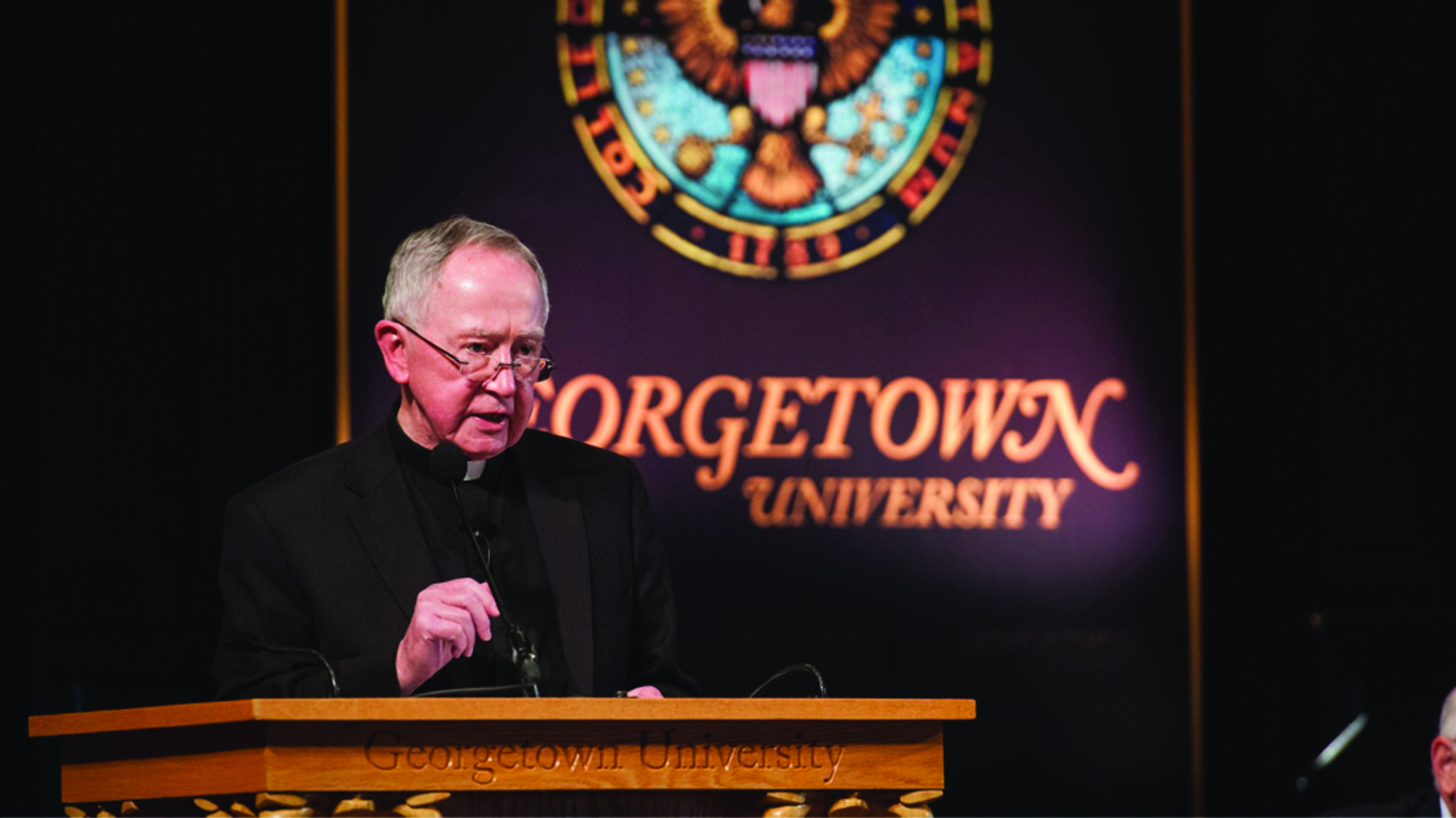
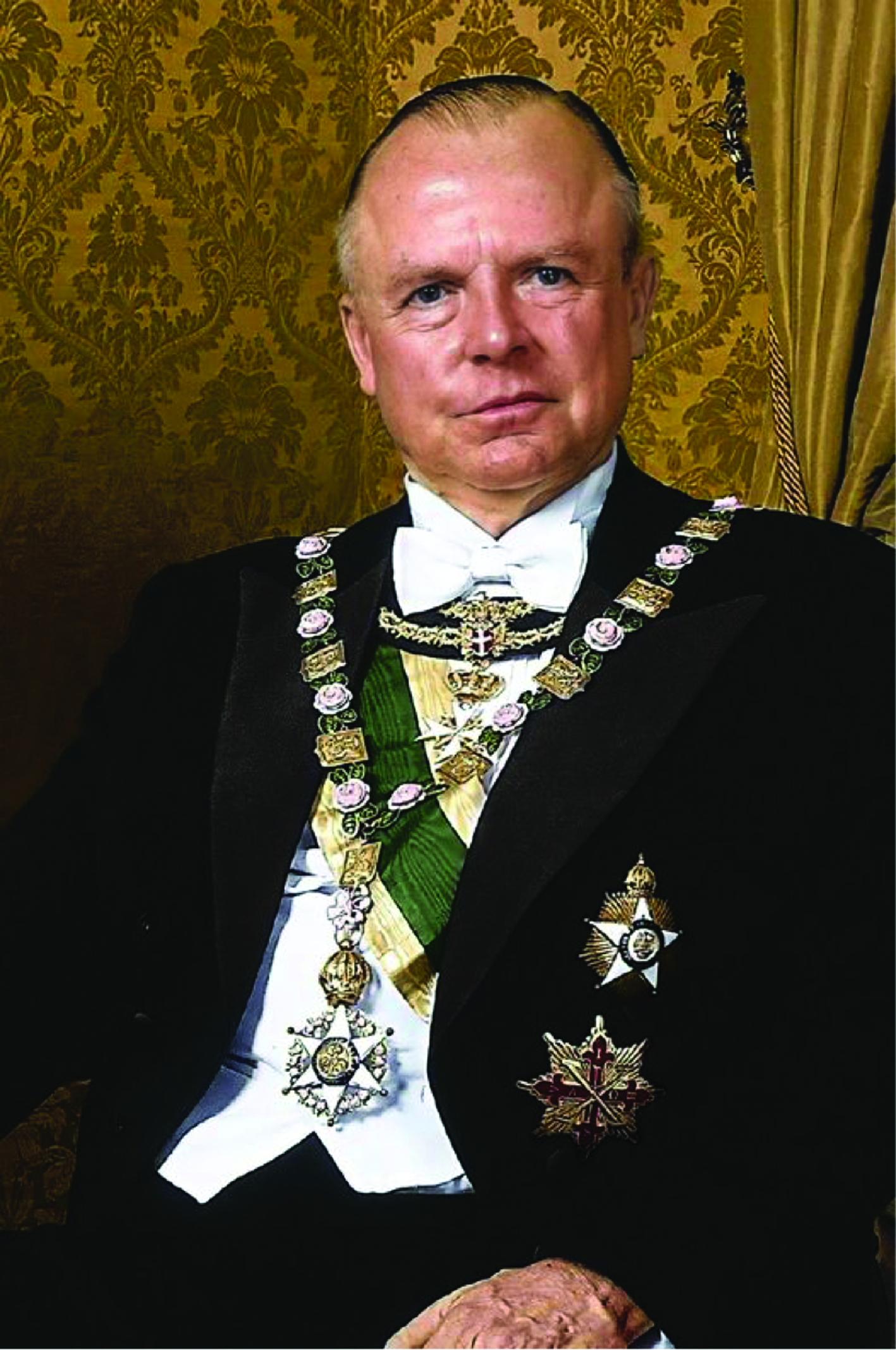
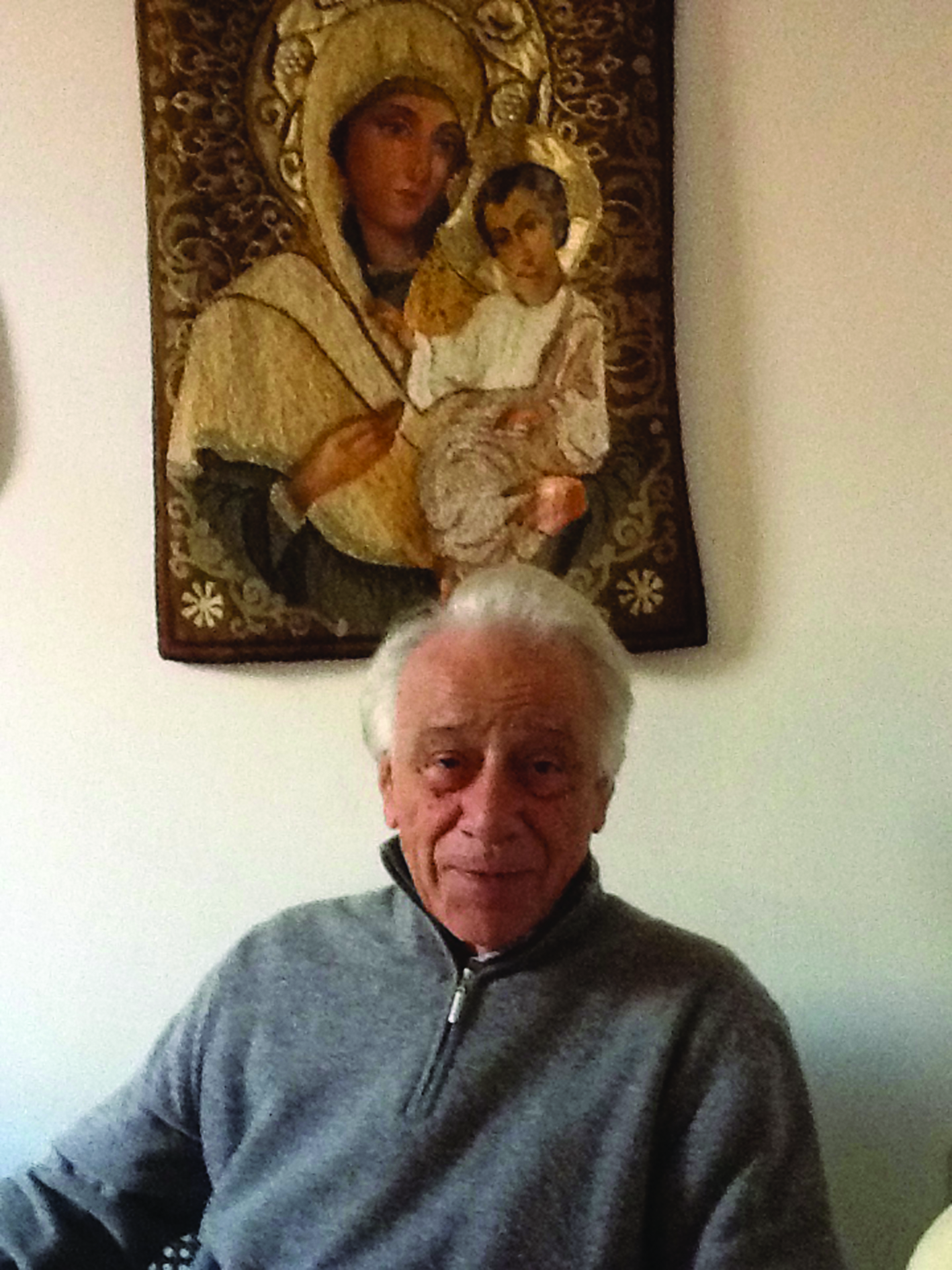
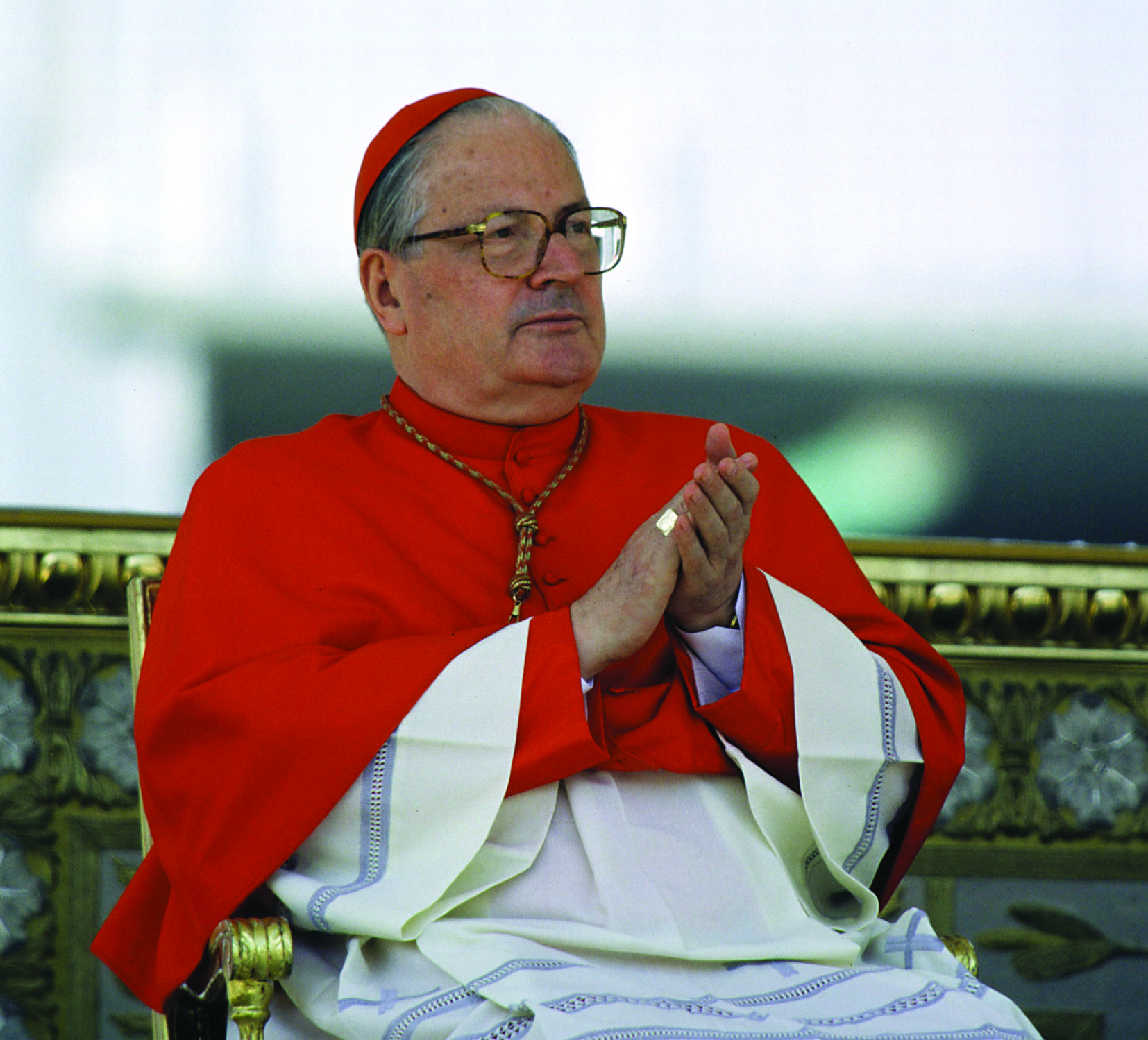
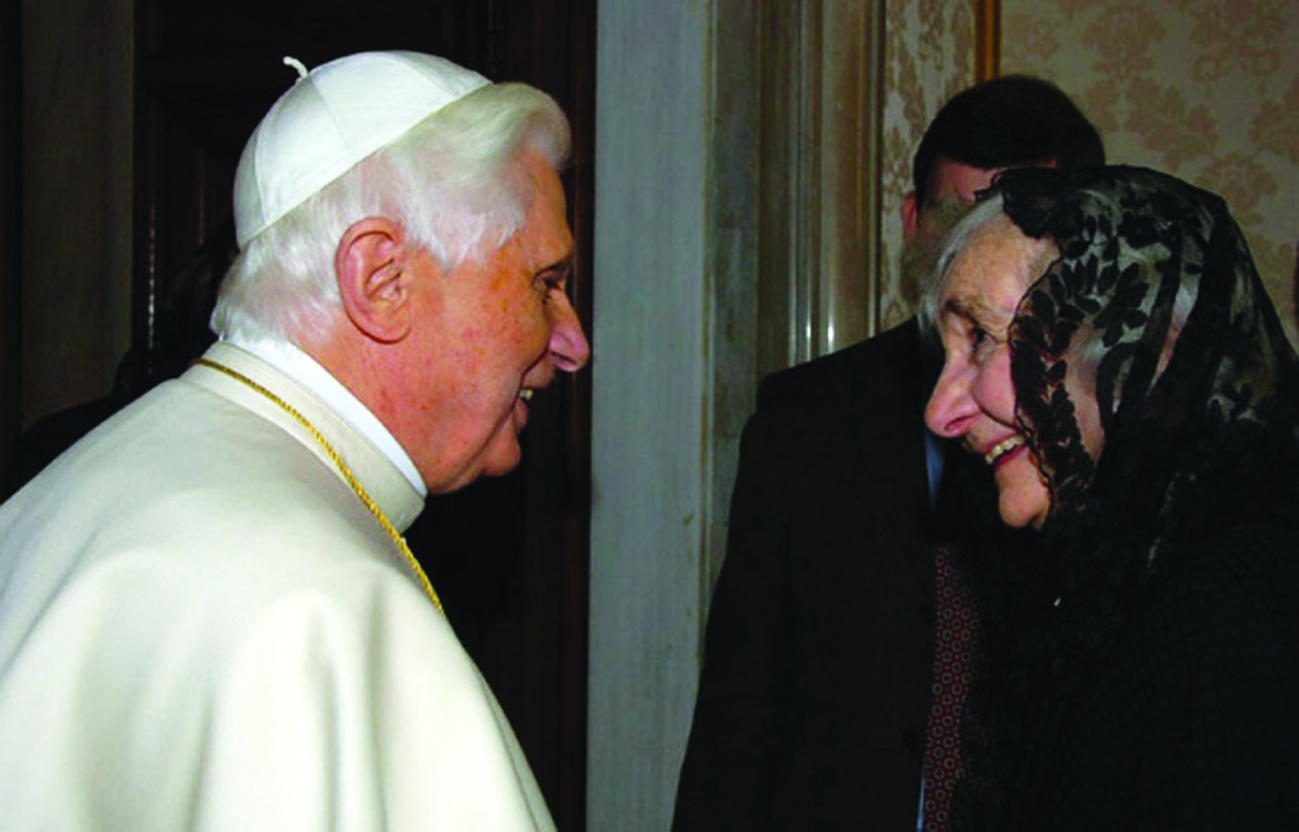
Facebook Comments